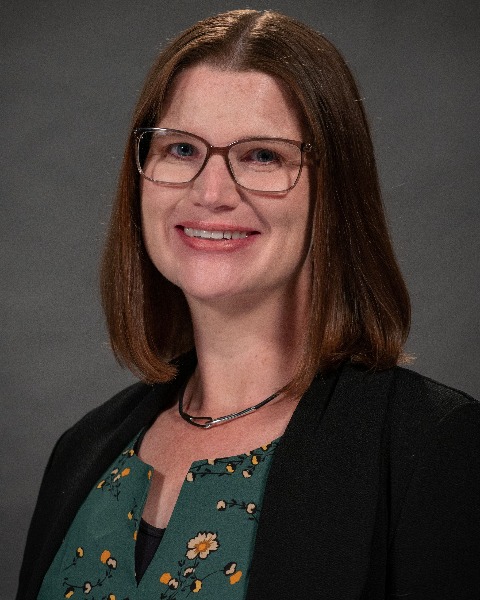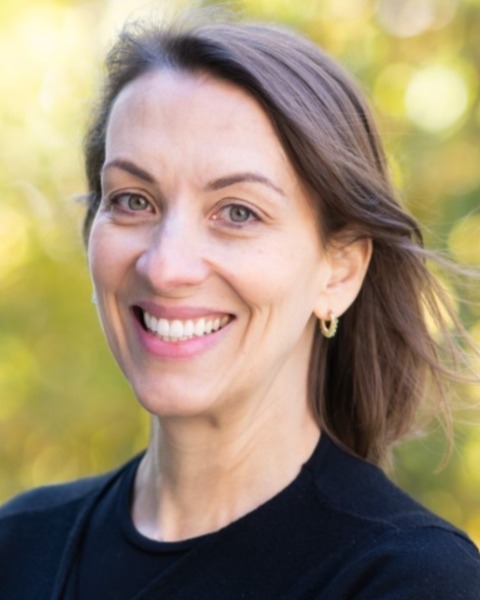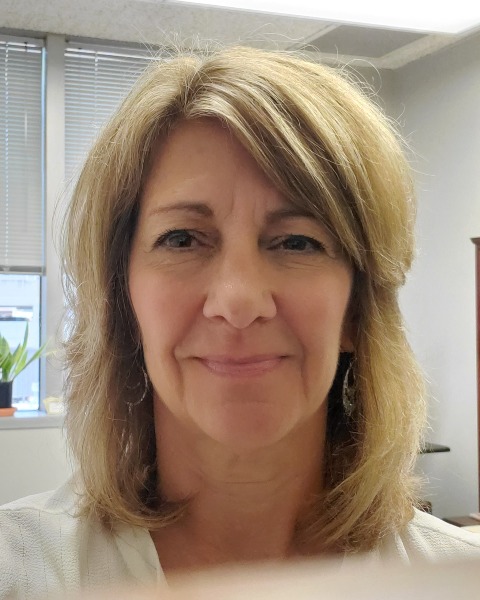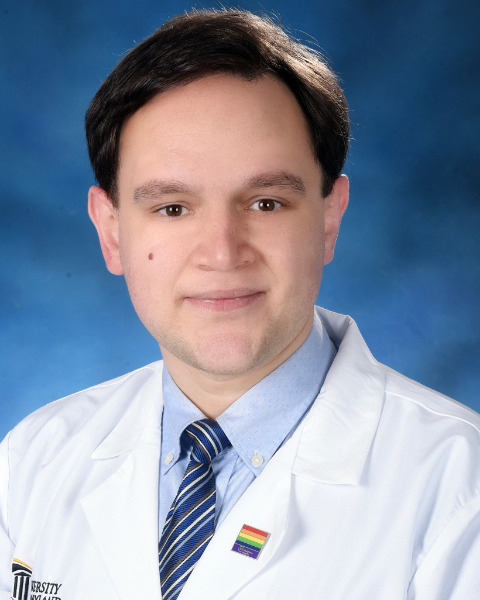Interdisciplinary
Locked in Suffering: Unlocking Hope and Improving Care for Elder Inmates: A Call for Action
-
.jpg)
Raya Kheirbek, MD, MPH, FGSA (she/her/hers)
Professor of Medicine, Division Head Geriatrics and Palliative Medicine
Medicine
University of Maryland School of Medicine
Baltimore, Maryland, United States -

Kenzie Latham-Mintus, PhD, FGSA (she/her/hers)
Associate Professor of Sociology
Department of Sociology
IUPUI
Indianapolis, Indiana, United States -

Farah Kaiksow, MD, MPP (she/her/hers)
Assistant Professor
Medicine
University of Wisconsin School of Medicine and Public Health
Madison, Wisconsin, United States -

Jolie Harris, DNS, CAS (she/her/hers)
Assistant Professor of Clinical Nursing
Nursing
Louisiana State University Health Science Center New Orleans
New Orleans, Louisiana, United States -

Gabriel Lutz, MD, PhD (he/him/his)
Assistant Professor
Medicine
University of Maryland School of Medicine
Baltimore, Maryland, United States
Chair(s)
Co-Chair(s)
Individual Symposium Abstract First Author(s)
Our program will focus on several key areas, including care for hospitalized inmates, the importance of providing comprehensive care for all prisoners as mandated by 8th amendment, and the importance of identifying inmates facing end of life who would benefit from compassionate release.
We will begin with a discussion on the challenges faced by elder inmates and address their unique physical, psychosocial and spiritual needs. With a growing population of aging prisoners, it is critical that we examine the healthcare and social services required to ensure that they receive adequate care.
Next, we will explore the differences in healthcare provision for inmates versus non-inmates who are hospitalized. The presentation will examine the acute exacerbation of chronic disease, ethical considerations and legal requirements involved in providing care to both populations.
We will also discuss the importance of interdisciplinary care for incarcerated individuals, which requires collaboration among medical providers, mental health professionals, social workers, chaplains and other specialists. Our panel of experts will share their experiences and provide insights on how this approach can improve health outcomes and reduce recidivism rates after release .
Finally, we will hear from advocates who are working to ensure that all prisoners receive adequate healthcare and social services, They will share strategies for improving access to care, reducing health disparities, and addressing the unique needs of incarcerated elders
Our symposium provides a unique opportunity to explore and share insights on how we can work together to improve the health and wellbeing of incarcerated individuals.
Learning Objectives:
- Develop an understanding of the unique healthcare needs and challenges faced by incarcerated individuals, including those with special needs, and learn how to effectively communicate with them in a respectful and non-judgmental manner.
- Identify and implement strategies to promote the physical and mental health of incarcerated elders, , such as developing culturally-sensitive treatment plans, providing access to medical and mental health services.
- Gain knowledge of the legal and ethical considerations surrounding the care of hospitalized incarcerated persons and understand the role of healthcare providers in advocating for the health and well-being of incarcerated individuals.
Presentations:
-
12:00 PM - 1:30 PM ETHospitalizations of Older Incarcerated Adults: How Are They Different?
Individual Symposium Abstract First Author: Farah Kaiksow, MD, MPP (she/her/hers) – University of Wisconsin School of Medicine and Public Health
-
12:00 PM - 1:30 PM ETVoices From the Inside: Medical Treatment Furlough in the Largest State Penitentiary in US: Lessons Learned
Individual Symposium Abstract First Author: Jolie Harris, DNS, CAS (she/her/hers) – Louisiana State University Health Science Center New Orleans
-
12:00 PM - 1:30 PM ETCompassionate Release of Dying Inmates: A Step Toward Social Justice in the Criminal Justice System
Individual Symposium Abstract First Author: Gabriel Lutz, MD, PhD (he/him/his) – University of Maryland School of Medicine
